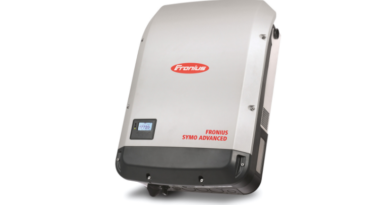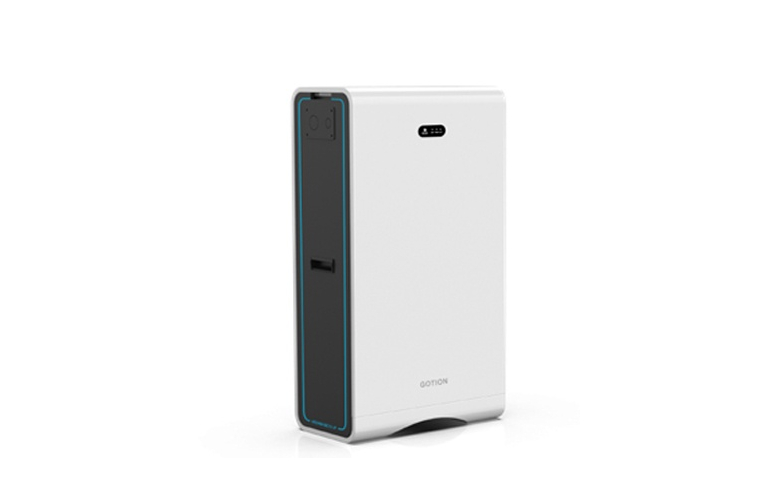New Jersey bill to establish Office of Clean Energy Equity passes state Senate
To ensure that underserved communities have equitable access to clean energy, the Senate passed legislation today sponsored by Senators Troy Singleton and Ronald Rice, which would establish an Office of Clean Energy Equity within the Board of Public Utilities (BPU).
“Clean energy is an issue that positively impacts both our environment and economy,” said Senator Singleton (D-Burlington). “All New Jerseyans — regardless of income — should have access to clean energy and its many benefits, which include utility savings and career opportunities. The Office of Clean Energy Equity will make sure that clean energy programs are equitable, accessible and affordable for low-income families, and it aligns perfectly with our efforts to enact environmental justice reforms here in New Jersey.”
The bill, S-2484, would establish the Office of Clean Energy Equity, which would be charged with overseeing a fair distribution of clean energy and sustainability programs, as well as providing technology, job opportunities and infrastructure that comes with those projects to overburdened communities.
“Traditionally, significant clean energy programs have only been accessible to more affluent folks. So, it is imperative that when we convert the state’s economy into a green-energy economy, we make sure it also benefits low and moderate income New Jersey residents,” said Senator Rice (D-Essex). “Providing job-training and employment opportunities will be crucial in assisting underprivileged communities that have suffered the most as a result of years of pollution and neglect.”
Under the bill, the office would establish community solar and energy efficiency programs, which would benefit 250,000 low-income households by 2030 by lowering the overall percentage of income families spend on energy. The office would also be required to create a minimum of 1,600-megawatt hours of energy storage in overburdened communities over the same time period. Energy storage close to where the energy is generated is vital to the adoption of large-scale wind and solar energy.
Additionally, to ensure that low-income households have equal opportunity to find meaningful careers, the bill requires workforce training for 2,500 individuals from overburdened communities by 2025 in the clean energy sector.
“Creating paths to long term, well-paying and accessible jobs is more important than ever,” continued Senator Singleton. “Spurring clean energy investment through smart policy is a modern, community-centric solution to the growing jobs crisis. It is also a way of providing environmental and economic justice to these communities that have shouldered the heaviest environmental burdens.”
The bill was released from Senate by a vote 28-10.
David Gahl, senior director of Northeast state affairs at SEIA, released the following statement on the bill:
“For too long lower income communities and communities of color haven’t fully experienced the benefits of clean, affordable electricity in New Jersey. The Clean Energy Equity Act sets state targets for serving more low-income customers and authorizes the New Jersey Board of Public Utilities to create solar programs to serve these customers. A significantly expanded community solar program, contemplated by the bill, will be a critical tool for providing clean energy access throughout New Jersey. This legislation is the key to creating a more robust system of equitable clean energy programs throughout the state.”
“We thank Senator Singleton for his leadership and urge the State Assembly to take the measure up and send it to Governor Murphy for his signature by the end of the year.”
News item from the office of Senator Troy Singleton
<!–
–>
Original Source: https://www.solarpowerworldonline.com/2020/11/new-jersey-bill-office-of-clean-energy-equity-state-senate/















